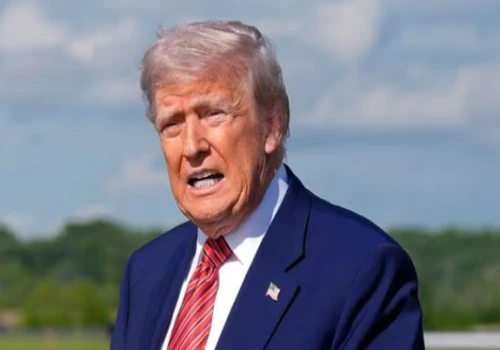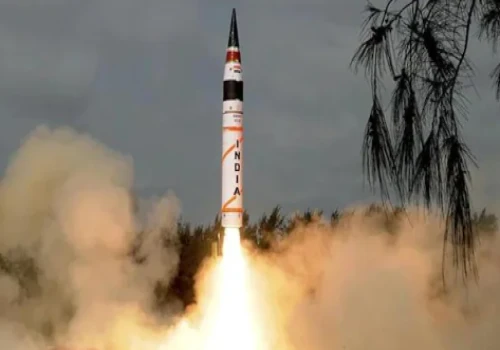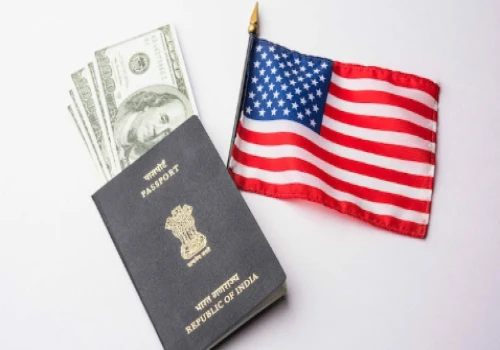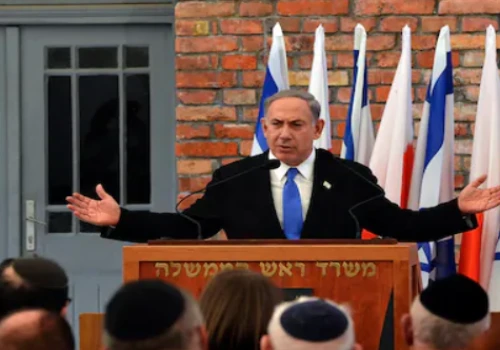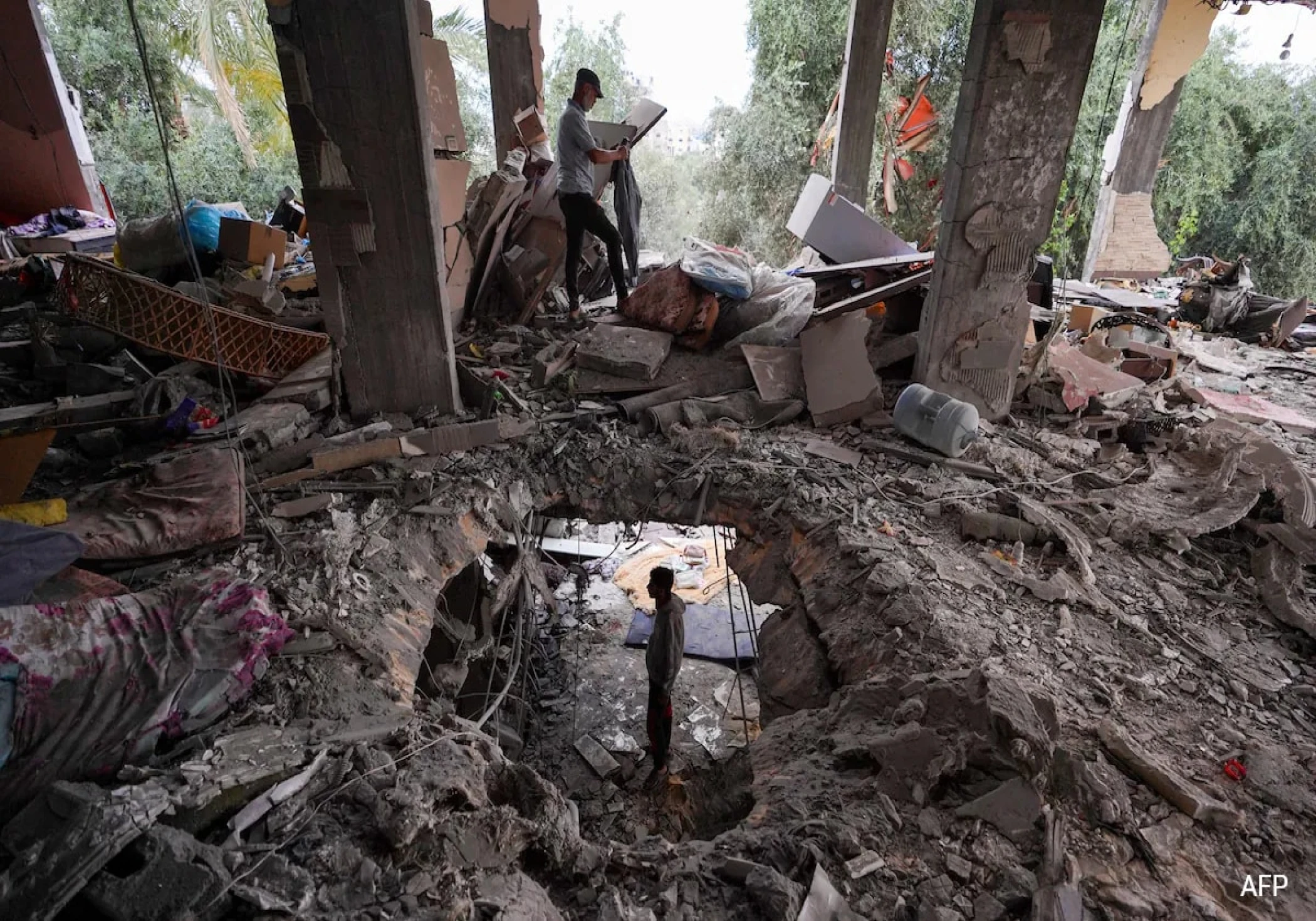
Israel's Next Headache: Who Will Run Post-War Gaza?
As the conflict in Gaza subsides, a pressing question emerges on the horizon for Israel and the international community: who will take the reins of governance in a post-war Gaza? The answer to this question is fraught with complexities, influenced by political, social, and economic factors that will shape the region's future.
The Current State of Gaza
Gaza, a densely populated strip of land home to over two million people, has been a focal point of conflict for decades. The territory is currently governed by Hamas, a Palestinian militant group that seized control in 2007. Despite numerous attempts at reconciliation between Hamas and Fatah, the political faction controlling the West Bank, Gaza remains isolated and impoverished, with its infrastructure in ruins and its population in dire need of humanitarian aid.
The Challenges Ahead
1. Humanitarian Crisis: The immediate challenge will be addressing the humanitarian crisis. The recent conflict has exacerbated an already dire situation, with thousands of homes destroyed and essential services disrupted. International aid will be crucial in providing relief and rebuilding efforts, but coordination and security will be key to ensuring that aid reaches those in need.
2. Political Fragmentation: The political landscape of Gaza is highly fragmented. While Hamas currently holds power, there are other factions and independent groups that could vie for influence in a post-war scenario. Establishing a unified and stable government will be a significant hurdle.
3. International Involvement: The role of the international community will be pivotal. Countries with vested interests in the region, such as Egypt, Qatar, and Turkey, along with major powers like the United States and the European Union, will likely play a role in shaping Gaza’s governance. However, their involvement must be carefully balanced to avoid exacerbating existing tensions.
4. Israeli Security Concerns: From Israel’s perspective, the primary concern will be security. Any future governance structure in Gaza must address the security threats posed by militant groups. This will require robust mechanisms to prevent the resurgence of violence and ensure long-term stability.
Potential Scenarios
Several scenarios could unfold in the quest to determine Gaza’s future governance:
1. Reintegration with the Palestinian Authority (PA): One possibility is the reintegration of Gaza with the Palestinian Authority, currently governing the West Bank. This would require significant political concessions and cooperation between Hamas and Fatah. However, past attempts at reconciliation have failed, and deep-seated mistrust remains.
2. International Trusteeship : Another scenario is the establishment of an international trusteeship, where a coalition of countries or a United Nations-led body takes temporary control to stabilize the region and oversee reconstruction efforts. This could provide a neutral ground for rebuilding and political transition, but it would require broad international consensus and support.
3. Hamas Retains Control: Despite the challenges, Hamas might continue to govern Gaza, potentially with some reforms and international pressure to moderate its policies. This scenario would likely face resistance from Israel and parts of the international community but could be a short-term solution if other options prove unfeasible.
4. New Local Leadership: Emergence of new, locally respected leadership could provide an alternative path. This would involve grassroots movements and local stakeholders coming together to form a governance structure that represents the diverse interests of Gaza’s population.
Conclusion
The path to stable governance in post-war Gaza is fraught with challenges, each with significant implications for the region’s future. The international community, regional players, and the people of Gaza must navigate these complexities with a focus on humanitarian needs, political stability, and long-term peace. The coming months and years will be critical in determining whether Gaza can emerge from its cycle of conflict towards a more hopeful and stable future.



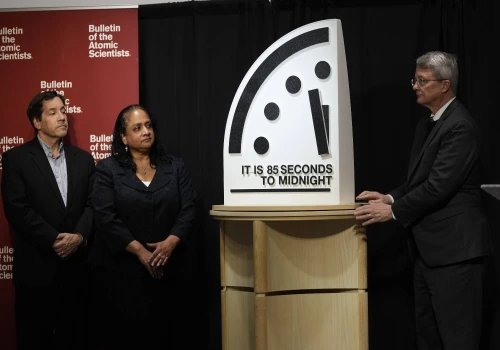
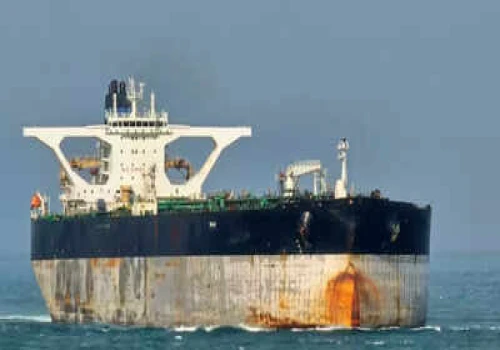
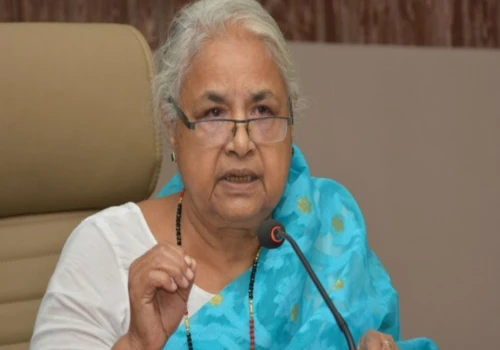
_500_x_350.webp)

